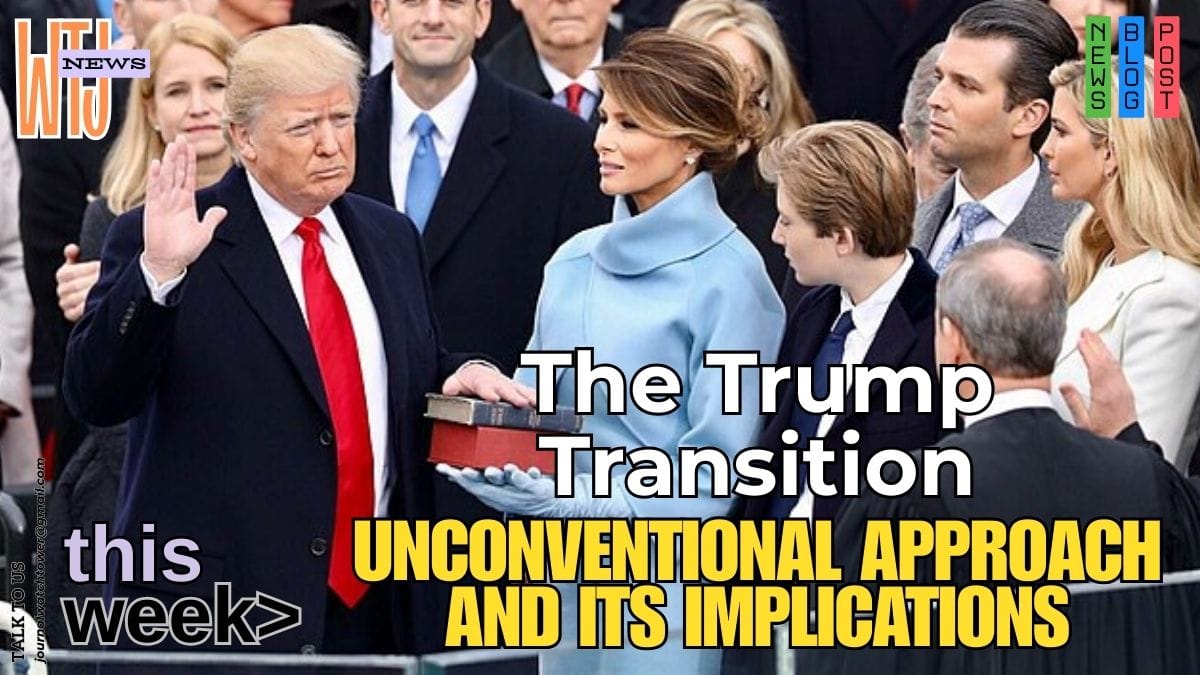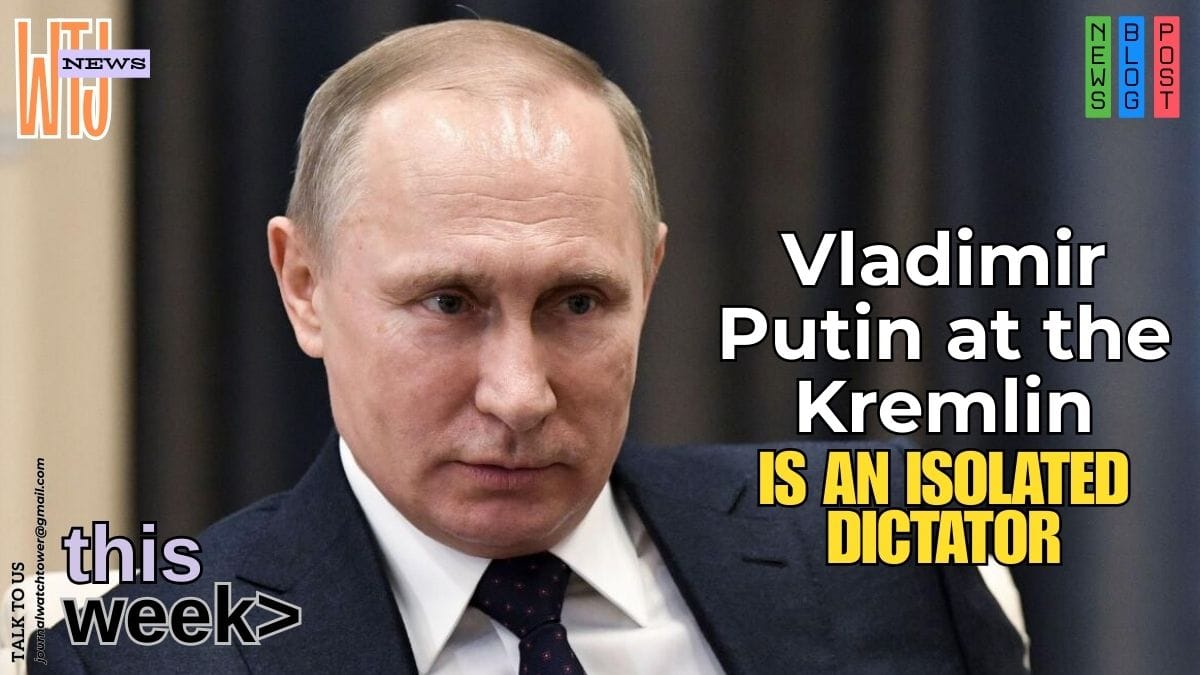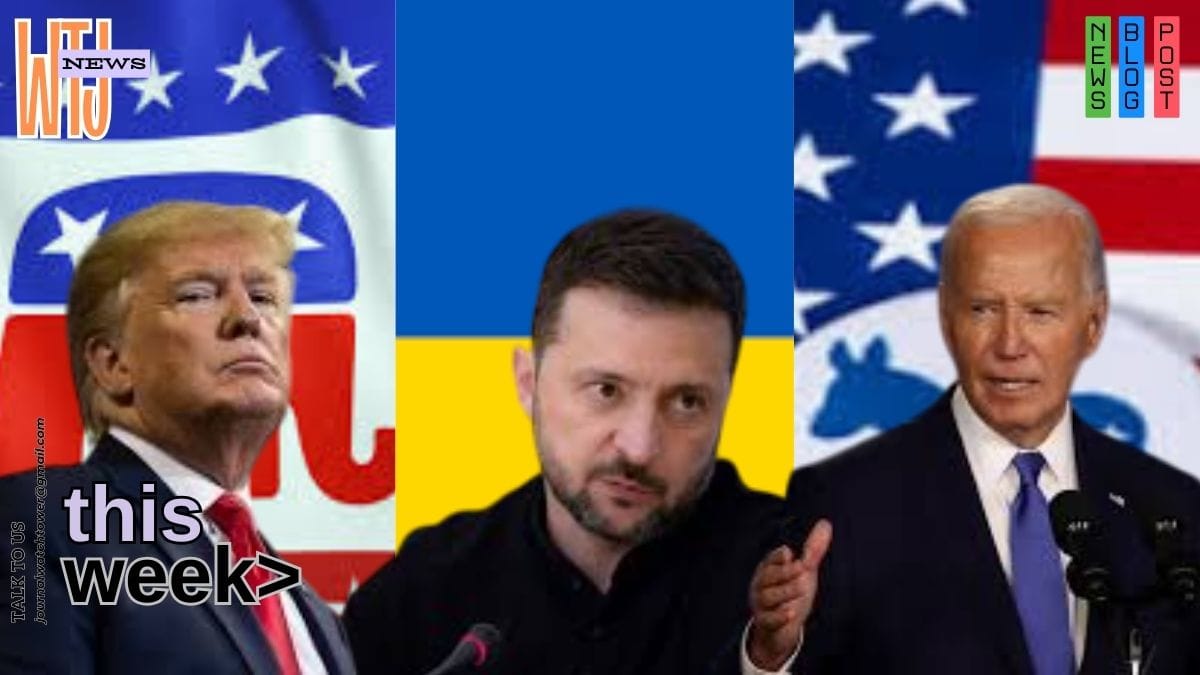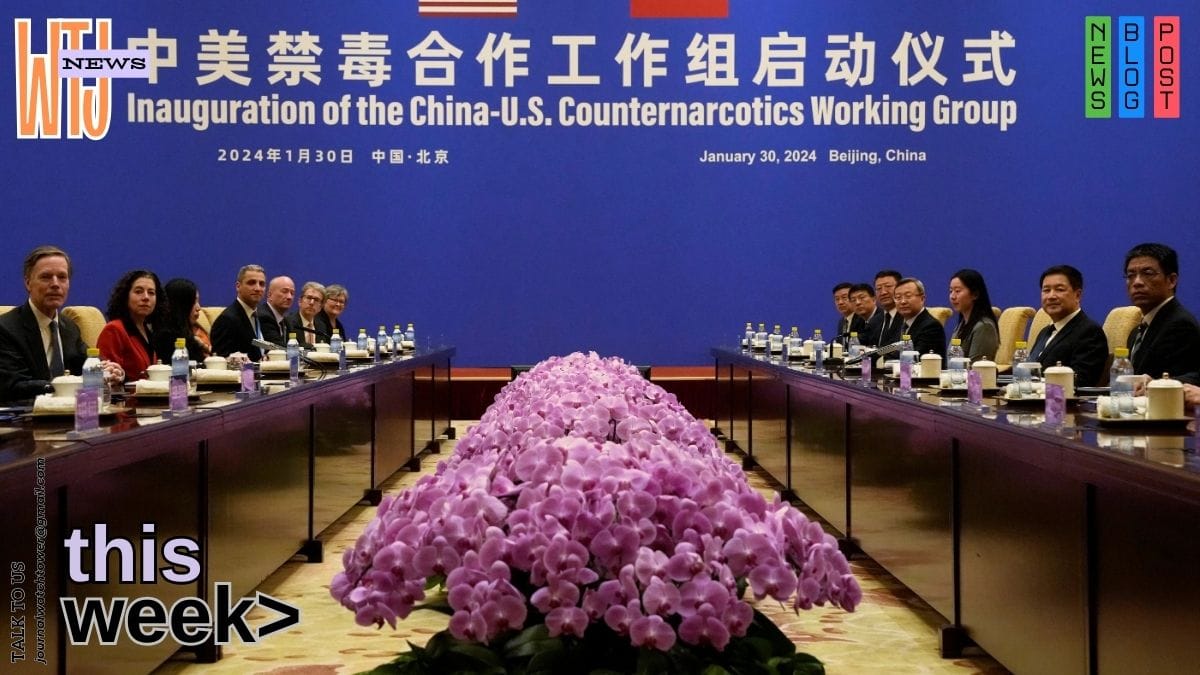The transition of presidential power is one of the most significant and scrutinized processes in American democracy. It is designed to ensure the smooth transfer of executive authority, maintain government stability, and allow the incoming administration to hit the ground running. Historically, this process has been governed by clear protocols and ethical guidelines, with an emphasis on transparency, security, and continuity. However, Donald Trump’s transition team has once again broken from these norms, opting for a more private, self-directed approach.
This analysis explores the intricate details of the Trump transition team’s decision-making, the deviations from established practices, and the potential implications for governance, ethics, and public trust in the federal government. By dissecting each aspect of the transition—from funding choices to security clearance processes—this piece aims to provide an in-depth understanding of the challenges and risks associated with this unconventional path.
The Memorandum of Understanding: A Departure from Tradition
At the heart of every presidential transition is the memorandum of understanding (MOU), an agreement that facilitates the transfer of power. Traditionally, this document unlocks access to government funds—up to $7.2 million—for staffing, office space, and other logistical needs. It also sets the stage for the transition team to engage with federal agencies, receive classified briefings, and integrate seamlessly into the workings of government.
However, the Trump transition team’s MOU diverges significantly from precedent. While the team has signed the agreement, it has chosen to forgo federal funding entirely, opting for a privately funded transition. The implications of this decision are profound, as it raises questions about accountability, donor influence, and potential conflicts of interest.
Financial Independence or Ethical Vulnerability?
By rejecting government funding, the Trump transition team avoids the strings attached to federal assistance, such as strict donor disclosure rules and contribution limits. While Susie Wiles, the incoming White House chief of staff, has assured the public that all donors will be disclosed and no foreign contributions will be accepted, critics argue that the lack of oversight inherent in a privately funded operation creates opportunities for ethical lapses.
The absence of a $5,000 contribution limit means that wealthy individuals or organizations with vested interests in Trump’s policies could donate substantial sums, potentially influencing decisions before the administration even takes office. This funding model also circumvents the layers of scrutiny designed to ensure that transitions remain free from undue influence, a cornerstone of democratic governance.

Ethics Agreements: A Self-Directed Approach
Another notable departure from tradition lies in the Trump team’s handling of ethics agreements. Typically, transition teams are required to sign comprehensive ethics agreements that ensure adherence to federal standards. These agreements enable transition aides to access classified information, conduct agency reviews, and build the foundation for their roles in the incoming administration.
In this case, the Trump team has implemented its own ethics plan, which remains largely opaque. While Wiles has emphasized that the team is committed to ethical conduct, the lack of transparency regarding the plan’s specifics raises concerns. Without formal government oversight, it is unclear whether all aides will be fully vetted or meet the criteria necessary to handle sensitive information.
Security Clearances and Background Checks
One of the most contentious aspects of the Trump transition plan is the approach to security clearances. Normally, transition aides undergo rigorous FBI background checks before gaining access to classified briefings or sensitive government facilities. The Trump team, however, plans to issue temporary security clearances to political appointees on day one, with background checks deferred until after assuming control of the federal government.
This approach has sparked widespread concern among national security experts. Temporary clearances granted without thorough vetting could expose the government to risks, including the potential mishandling of classified information. The decision to prioritize speed over security reflects a broader trend within the Trump administration of circumventing established protocols to achieve immediate objectives.
The Historical Context: Lessons from 2016 and 2020
To understand the significance of these deviations, it is essential to examine Trump’s previous transitions. In 2016, the transition process began in a seemingly conventional manner, with a team led by former New Jersey Governor Chris Christie. However, after Trump’s unexpected election victory, he abruptly fired the transition team leadership, disrupting coordination with the outgoing Obama administration. The resulting disorganization left key positions unfilled for months, hindering the administration’s early effectiveness.
In 2020, the Trump administration took an even more unconventional approach, delaying the recognition of Joe Biden’s election victory by pressuring the General Services Administration (GSA) to withhold critical resources. This delay created significant challenges for the Biden transition team, including limited access to government briefings and resources. The pattern of resistance to traditional transition norms reflects a broader skepticism of established processes and institutions within Trump’s political philosophy.

Political Motivations and Strategic Considerations
The Trump team’s unconventional transition approach is not without strategy. By rejecting federal funding and implementing its own ethics plan, the team asserts its independence from the existing governmental framework. This approach aligns with Trump’s broader narrative of challenging the “deep state” and positioning his administration as an outsider force reshaping Washington.
However, this strategy carries risks. The lack of adherence to established protocols could erode trust in the administration’s commitment to transparency and accountability. Additionally, the reliance on private funding opens the door to criticism from political opponents and watchdog groups, who may view the approach as prioritizing political expediency over ethical governance.
Broader Implications for Governance and Public Trust
The Trump transition team’s decisions have implications that extend beyond the immediate handover of power. They raise fundamental questions about the role of norms and institutions in American democracy and the extent to which these can be adapted or disregarded without undermining the system.
Erosion of Institutional Norms
Transitions are designed to minimize disruption and maintain public trust during periods of political change. By deviating from established practices, the Trump team risks eroding the norms that underpin this process. While innovation and reform can be beneficial, the absence of transparency and accountability in such a critical moment can weaken public confidence in government institutions.
Precedent for Future Transitions
The choices made during this transition could set a precedent for future administrations. If private funding and self-directed ethics plans become the norm, it could fundamentally alter the way transitions are conducted, shifting power dynamics and reducing the role of federal oversight.
National Security Concerns
The decision to bypass traditional security clearance procedures raises concerns about national security. Temporary clearances granted without thorough vetting could lead to breaches of sensitive information, with potentially far-reaching consequences. Ensuring the integrity of the transition process is essential for maintaining the United States’ global standing and safeguarding its interests.

Conclusion: A Balancing Act of Independence and Responsibility
The Trump transition team’s approach reflects a desire for independence and control over the process of taking office. While this strategy may resonate with supporters who view Trump as a disruptor of the status quo, it also highlights the challenges of balancing innovation with the need for accountability, transparency, and adherence to established norms.
As the transition unfolds, the implications of these decisions will become clearer. Whether this approach represents a necessary evolution of the transition process or a dangerous departure from democratic principles will depend on its execution and the outcomes it produces. What remains certain is that the Trump transition has once again challenged the conventions of American politics, leaving a lasting impact on the way power is transferred in the nation’s highest office.




